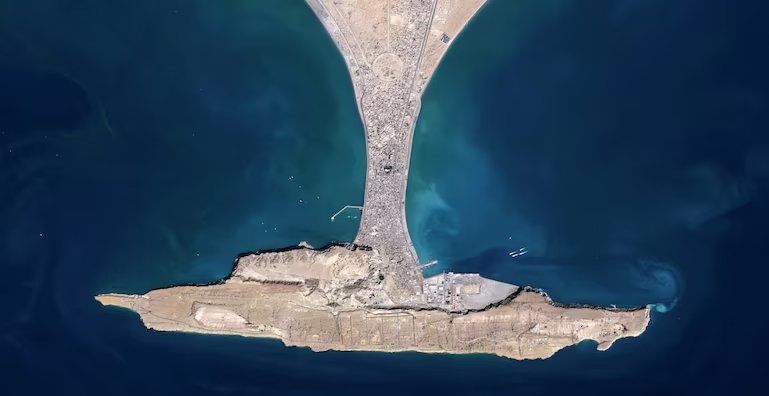Islamabad, in a pattern that has become all too familiar, once again finds itself on the wrong side of history. Despite grappling with severe internal challenges—ranging from terrorism, poverty, inflation, and political unrest to a struggling economy—Pakistan has recently attempted to leverage its strategic position to pressure its “all-weather ally,” China. However, this maneuver has failed spectacularly, leading to further strain in the already fragile relationship.
Pakistan’s “Take it or Leave It” Approach with ChinaA high-level meeting was recently held between senior officials from Pakistan and China to discuss the future of the Gwadar port, a central piece of the ambitious China-Pakistan Economic Corridor (CPEC). During the talks, Pakistan made an audacious move, reportedly telling China that it would allow Beijing to establish a military base in Gwadar—only if China agreed to arm Pakistan with a second-strike nuclear capability. This demand, seemingly a direct challenge to China, reflects Pakistan’s long-standing desire to match India’s nuclear capabilities.
Unsurprisingly, Beijing rejected the demand outright, leading to a sharp diplomatic fallout. The snub has placed additional pressure on Pakistan, which relies heavily on China for both economic assistance and military support.
The Economic and Strategic Consequences for Pakistan
This breakdown in talks with China is particularly concerning for Islamabad, which is facing dire economic conditions. The country is heavily dependent on Chinese loans and bailouts to stabilize its economy, and any cooling of relations with Beijing could have disastrous consequences. Furthermore, Pakistan’s military, which has long relied on China for arms ranging from fighter jets to small arms, finds itself in an increasingly precarious position. With protests erupting over rigged elections and the imprisonment of former Prime Minister Imran Khan, Pakistan cannot afford to alienate its key ally.
Reports indicate that the relationship between the two countries is deteriorating, with disputes over security concerns and China’s desire to establish a permanent military base in Gwadar. Earlier this year, reports surfaced that Pakistan had privately assured China that it would be allowed to build a military base in the region. However, Islamabad is now making excessive demands in exchange for the port, further straining the partnership.
Pakistan’s Nuclear Obsession
One of Pakistan’s most contentious demands is for China to provide it with a second-strike nuclear capability, a move that would be in direct violation of the nuclear Non-Proliferation Treaty (NPT). As a signatory of the NPT, China is prohibited from transferring nuclear weapons or technology to non-nuclear states. By requesting such advanced capabilities, Pakistan is essentially asking China to jeopardize its own global standing for the sake of Islamabad’s military ambitions. This is a demand that Beijing is unlikely to entertain, given the potential diplomatic and economic fallout.
China’s Growing Frustration
Beijing’s frustration with Islamabad has been compounded by Pakistan’s refusal to allow the Chinese Navy to dock at Gwadar during the Sea Guardians III naval exercise. This decision, made under pressure from the United States, reflects Pakistan’s hesitance to allow too much Chinese military presence in the region, despite the growing ties between the two nations.

What is Second-Strike Nuclear Capability?
A second-strike nuclear capability is the ultimate deterrent in nuclear warfare. It ensures that a country retains the ability to retaliate with nuclear weapons, even after suffering a devastating first-strike attack. This capability is typically supported by a nuclear triad—land-based missiles, air-launched missiles, and submarine-launched ballistic missiles (SLBMs). The latter provides a particularly valuable option, as submarines are less vulnerable to a first strike.
For Pakistan, securing second-strike capability is part of its broader strategy to counter India’s nuclear arsenal. However, China’s refusal to meet this demand underscores the limits of its support for Islamabad’s ambitions.
Pakistan’s attempt to arm-twist China over Gwadar has backfired, exposing the vulnerabilities in their strategic relationship. As Islamabad faces growing domestic unrest and economic instability, it can ill afford to antagonize its key ally. The demand for nuclear weapons technology not only violates international agreements but also risks isolating Pakistan further on the global stage. The future of the Gwadar port and Pakistan’s relationship with China now hangs in the balance, with both sides reassessing their strategic priorities.



